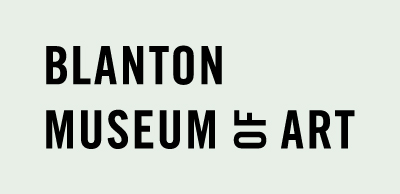Desiderius Erasmus, from the Iconography
Primary
Anthony van Dyck
(Antwerp, Belgium, 1599–London, England, 1641)
NationalityFlemish, Europe
Datecirca 1630-1644
MediumEtching
DimensionsSheet: 10 × 6 9/16 in. (25.4 × 16.7 cm)
Additional Dimension: 9 1/2 × 6 1/8 in. (24.2 × 15.6 cm)
Additional Dimension: 9 1/2 × 6 1/8 in. (24.2 × 15.6 cm)
Credit LineBlanton Museum of Art, The University of Texas at Austin, Gift of Jonathan Bober in memory of Robert Herman, 1997.131
Keywords
Rights Statement
Collection AreaPrints and Drawings
Object number1997.131
On View
Not on viewThere was no shortage of images of Erasmus during the 1500s and 1600s. Humanist and theologian, he believed in reforming the Church from within rather than rejecting its authorities. The model for Van Dyck’s print is a painting by Hans Holbein. The lines are stiff and the face is heavy and overworked, suggesting that it was an early attempt by Van Dyck. The varnish, a very temperamental material made of a waxy substance impervious to acid, did not adhere properly to the plate and allowed acid to reach the copper. The subsequent pockmarks and other imperfections, called foul-biting, are the most striking features of the print and dozens of images were pulled.
Exhibitions





